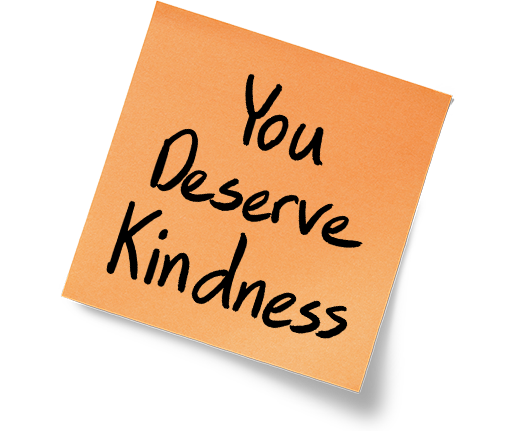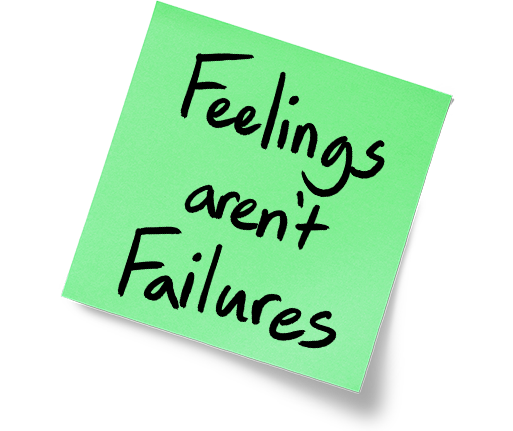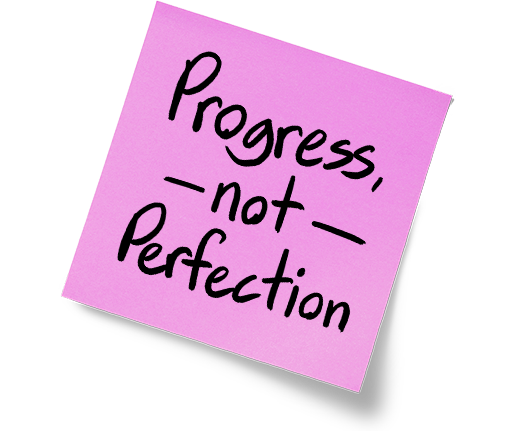
Engaging in Recovery
Finding ways to actively engage in recovery can help. Practicing habits and activities that work for you can help you cope with triggers, stress or challenging situations. If you need ideas, you’re in the right place.
Ways to Engage in Recovery
Check In Chats
Checking in with the people in your life is a helpful way to promote everyone’s mental health. Whether it’s a conversation about how you or someone else is feeling, regular check ins can help reduce loneliness and provide a chance to offer encouragement and support.
Journaling
Feeling something? Write it out. Journaling gives us the opportunity for self-reflection, releasing pent-up emotions and processing our daily experiences. It’s therapeutic and helps you understand more about yourself.
Stress Management
When we adopt strategies to cope with stress, such as mindfulness, exercise or seeking support, we fight against the negative impacts of stress on our lives. By addressing stressors, people can reduce anxiety, improve mood and enhance overall mental health.
Therapy
Many people think therapy is only there if you’re feeling unwell. The truth is, therapy is worth your time even if you’re feeling fine. Just like a trainer works with us on physical health, therapy can help us maintain mental wellness. You don’t need a big reason or concern to go.
Identifying Support Systems
Whether it’s through family, friends, mentors or other relationships, having a reliable support system provides an important outlet for sharing thoughts and feelings. Knowing that there are people in your life who can understand, empathize and help improve your mental health.
Get Outside and Get Active
Exercising is a natural mood booster. When we move our bodies, our brain releases endorphins that help keep us happy. Exercise leads to improved mood, reduced anxiety and enhanced thinking. Plus, fresh air, sunlight and a change of scenery is great for our bodies.
Faith & Beliefs
Religion and spirituality give people a higher purpose to believe in. That faith can offer comfort, hope and a framework for understanding life's challenges. Religious practices and rituals like prayer, meditation, spiritual ceremonies or joining a faith community can promote a sense of inner peace and emotional stability.

Read a Note. Leave a Note.




